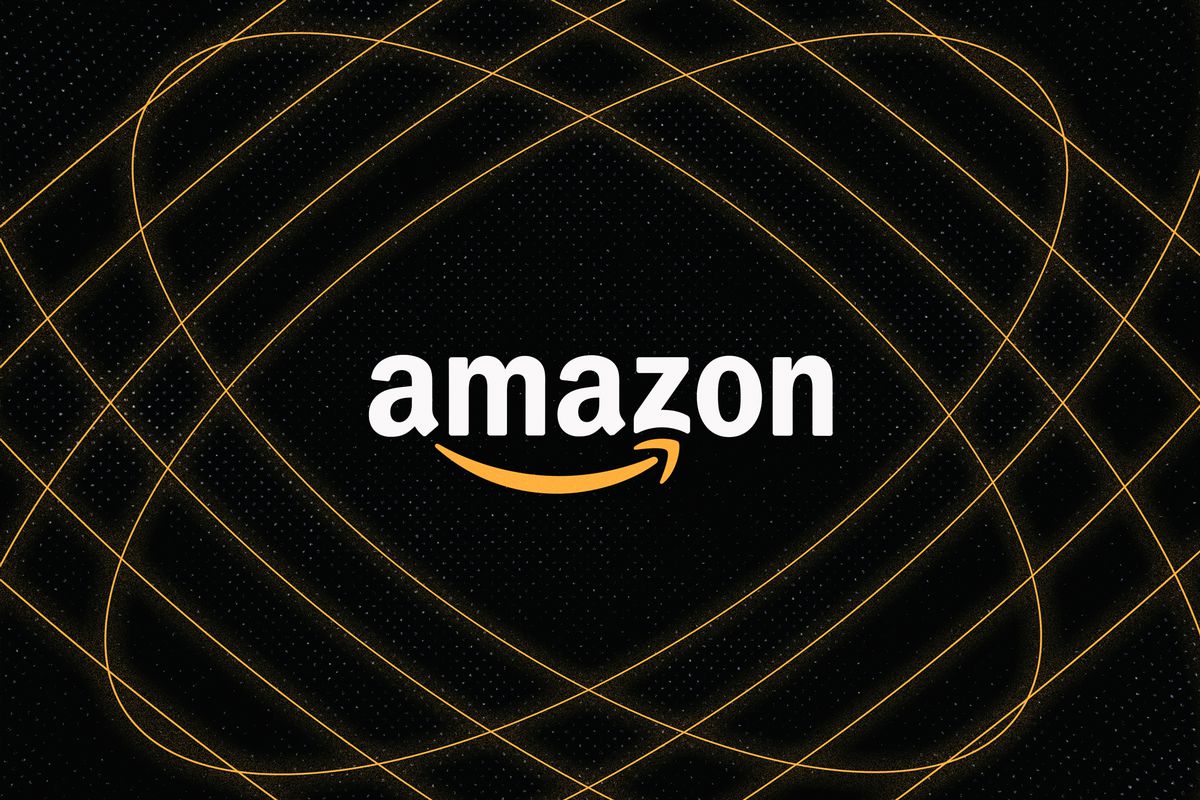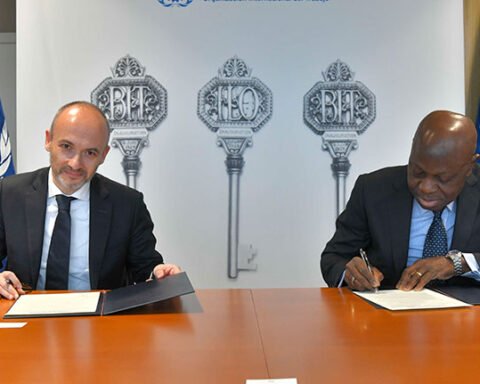Amazon, Ikea, and Unilever are among nine major corporations who have pledged to only transport goods on ships powered by zero-carbon fuel by 2040
In accordance with the Paris Agreement, Amazon, Ikea, and other retailers have committed to purchasing maritime freight services powered solely by zero-carbon fuels by 2040. The firms outlined a number of targets in a joint statement released on Tuesday under the term Cargo Owners for Zero Emissions Vessels (COZEV). Tracking maritime emissions, setting interim targets toward the 2040 goal, and working on, growing, and supporting other activities to reduce emissions in shipping are among them. This vow is in addition to the firms’ previous climate and sustainability commitments. Unilever, Michelin, Brooks, Patagonia, Tchibo, Inditex, and Frog Bikes have joined Amazon and Ikea in making this pledge.
In the industry, there is controversy over which fuels should be classified as carbon-neutral or zero-emissions. Liquefied natural gas does not match COZEV’s criteria, hence future zero-carbon shipping fuels will most likely be hydrogen-based, such as e-ammonia or e-methanol. The firms defined zero-carbon fuels as those that produce no greenhouse gas emissions during their entire life cycle. Are they scalable enough to completely decarbonize the transportation industry? There are no unresolved safety or land-use issues.
“The definition of zero-emissions fuels in this announcement is very important since it includes a life cycle study for marine fuels,” Kendra Ulrich, shipping campaigns director at Stand.earth, told FreightWaves. “This sends a strong market signal to freight carriers that meeting demand for sustainable shipping would necessitate investments in non-fossil fuels and propulsion technology.” The climate coalition Ship It Zero, led by environmental organisations Stand.earth and Pacific Environment, called on Amazon, Ikea, Target, and Walmart earlier this month to “abandon dirty ships” by 2030.
The declaration was dubbed a “historic pledge” by Ship It Zero, but the deadline was set a decade too late. “We are urging retail brands to commit not only to zero-emissions cargo shipping by 2030 to spur required investments now, but also to short-term initiatives and benchmarks to minimise their climate and human health impacts immediately.”





























